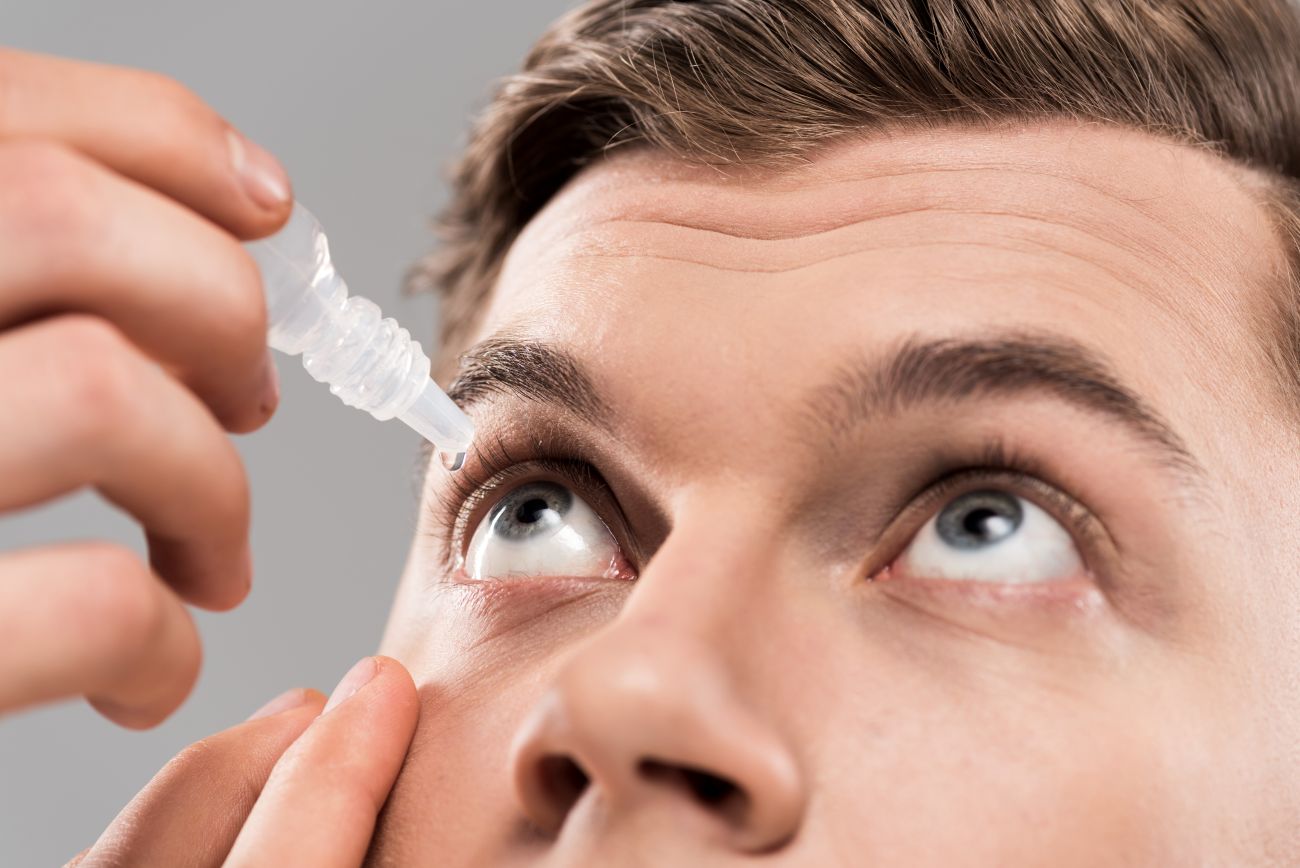“Disability Services in Melbourne.” You’ve probably heard the phrase tossed around a hundred times. Government brochures. Websites. Maybe a flyer at the GP’s office. It sounds… official. Clinical. Like something written in a boardroom.
But what does it actually mean for the people who use it every day? Not statistics. Not glossy stock photos of smiling carers. I’m talking about real mornings, late-night worries, wins that feel small to outsiders but monumental to a family living with disability. That’s where the story really starts.
More Than Just Services
Let’s strip it back for a second. Disability Services in Melbourne isn’t one neat package with a bow on top. It’s messy. It’s a patchwork. A bit of this provider, a dash of community support, sometimes a waitlist that feels endless.
But when it clicks? It’s powerful. A young man gets transport to his TAFE course. A mum finally breathes easier because there’s a respite worker she can trust. A participant discovers a pottery group where, for once, they’re not the “odd one out.” These are the moments that don’t make it into policy papers, but they’re the heartbeat of Melbourne’s disability sector.
And if you ask me, that’s the part worth talking about.
Independence: The Quiet Revolution
Here’s something people outside the circle don’t always get. Independence isn’t about big, cinematic breakthroughs. It’s in the little things. Choosing your own breakfast. Catching the tram solo. Paying for something at the corner shop without help.
Disability Services in Melbourne are leaning harder into this idea of independence. Supported Independent Living homes, skill-building programs, tech that actually works for people (instead of just looking cool in ads). It’s not about doing everything alone—it’s about having the dignity of choice.
One guy I met—let’s call him Alex—moved into an SIL home last year. He wasn’t suddenly cooking five-course meals or running marathons. But he learned to make his own pasta. He picked his own curtains. He decided when the TV went off. That’s not trivial. That’s freedom.
Tech in the Everyday
Speaking of freedom, let’s talk tech. Disability Services in Melbourne are increasingly weaving gadgets and apps into daily life. Sure, “assistive technology” sounds fancy, but really it’s just tools that make life easier.
Voice-controlled lights. Wheelchairs with smarter navigation. Apps that convert speech to text in real time. Not headline-worthy to the average person, but for someone with mobility or communication challenges, it’s the difference between waiting for help and just doing it themselves.
That said, access isn’t equal. Some families can afford the latest gear. Others can’t. That’s still a gap. And while tech opens doors, it doesn’t replace human care. It’s a layer. A support. Not the whole story.
Finding Belonging
Now, here’s the part people underestimate. Life isn’t only about surviving the day. It’s about belonging. Feeling like you fit somewhere.
Disability Services in Melbourne are branching out here too. Sports programs where ability levels don’t matter. Art workshops where expression trumps perfection. Even community gardens where planting a seed becomes a way to connect.
I once watched a young woman at an inclusive dance class absolutely light up. She wasn’t competing. She wasn’t being judged. She was just moving, laughing, being herself. That’s community. And it’s every bit as important as therapy sessions or funding meetings. Maybe more.
NDIS: Lifeline or Headache?
Alright, let’s not dodge the elephant in the room—the NDIS. It’s at the core of how Disability Services in Melbourne operate. Without it, a lot of this support wouldn’t even be possible.
And yes, the scheme is a lifeline. It offers choice. It funds supports that once felt out of reach. But ask families, and you’ll hear the same sigh. The paperwork. The reviews. The endless forms. It’s like running a marathon before you even get to the starting line.
That’s why good plan managers and support coordinators matter. They translate the system. They cut through the jargon. They give families back time—the one resource no one seems to have enough of.
Where Things Still Fall Short
Of course, it’s not all progress and smiles. There are gaps. Big ones. Disability Services in Melbourne still face worker shortages, especially in specialised areas. Some suburbs are rich in options, others are deserts. And don’t get me started on accessibility—public transport, old buildings, even footpaths that make life harder than it needs to be.
There’s also the question of culture. Melbourne is one of the most diverse cities in Australia, yet not every service reflects that reality. Language barriers, cultural sensitivity, representation—it all matters. And there’s more work to do.
Looking Ahead
So, where does all this leave us? Honestly—somewhere in the middle. Disability Services in Melbourne from Nexa Care are stronger, more creative, and more person-focused than they’ve ever been. But cracks remain.
The hopeful part? Change is happening. Slowly. Sometimes clumsily. But it’s happening. More choice. More independence. More recognition that support isn’t just about “care”—it’s about possibility.
So next time you hear the phrase “Disability Services in Melbourne,” don’t picture a brochure or a government form. Picture Alex choosing his curtains. Picture Ben at soccer with his mates. Picture the mum who, for the first time in years, gets a quiet afternoon to herself.
Because that’s the reality. Not buzzwords. Not systems. People. Lives. Possibilities opening, one small step at a time.





